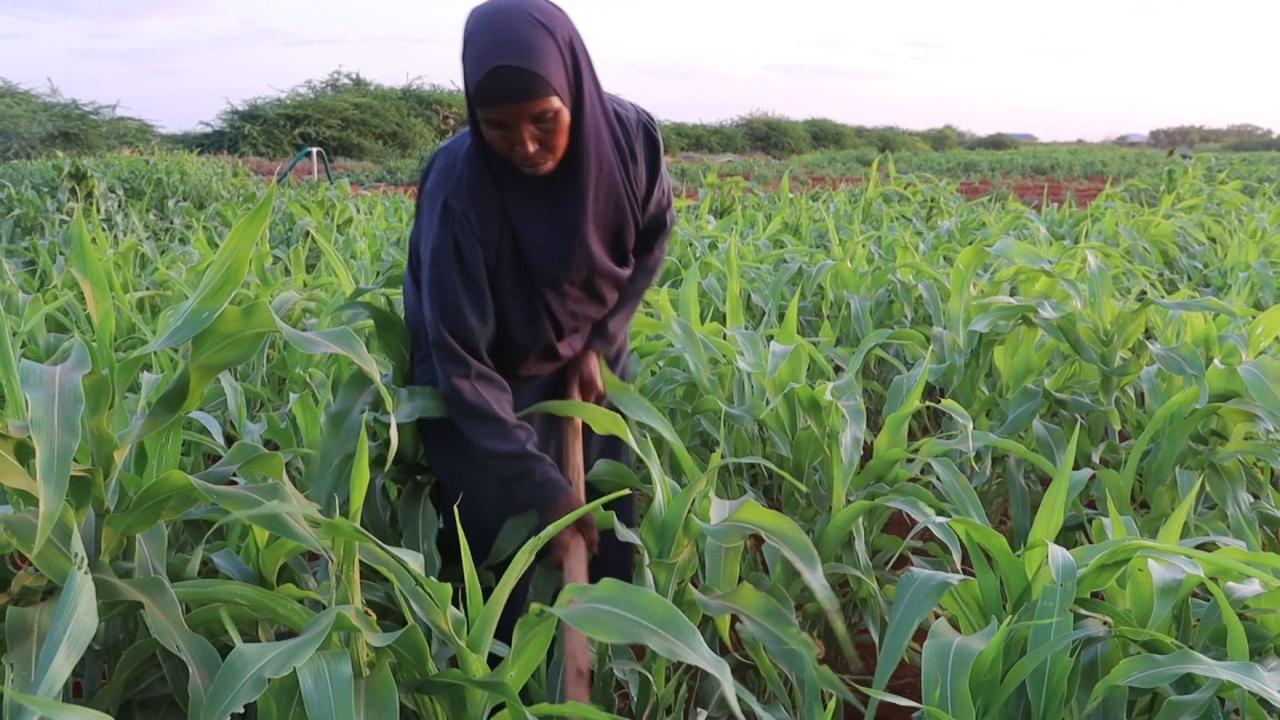Sustainable natural resource management isn’t just about having the right technologies or policies—it’s fundamentally about having people with the knowledge, skills, and confidence to implement effective practices. Capacity building sits at the heart of everything we do at Danle Centre, recognizing that lasting change happens when communities become the drivers of their own development.
Our capacity building approach operates at multiple levels. Individual training programs equip farmers, extension agents, and community leaders with specific technical skills, from soil conservation techniques to financial management for agricultural enterprises. These programs combine hands-on learning with theoretical knowledge, ensuring participants can immediately apply what they learn.
Institutional capacity building focuses on strengthening organizations—from farmers’ cooperatives to government agencies—so they can better serve their communities. This might involve training in project management, financial systems, or participatory planning methods. Strong institutions create enabling environments where sustainable practices can flourish.
Knowledge systems development ensures that learning continues beyond formal training programs. We help communities develop systems for sharing knowledge, documenting best practices, and adapting techniques to local conditions. This creates self-sustaining learning networks that continue growing long after external support ends.
Youth engagement represents a critical investment in future capacity. Our programs specifically target young people, providing them with modern skills in sustainable agriculture, environmental monitoring, and natural resource management. These young leaders often become catalysts for broader community change.
The multiplier effect of capacity building cannot be overstated. When we train one extension agent, they may reach hundreds of farmers. When we strengthen one cooperative, it may serve thousands of members. This approach creates lasting impact that extends far beyond individual projects.


Leave a Reply